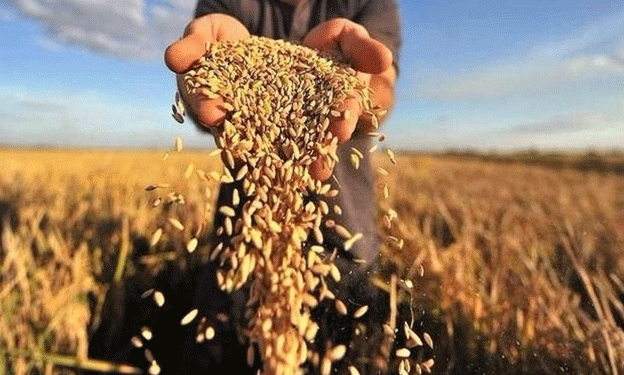Grain Export Strategy: A Game-Changer for Global Markets
In a move set to reshape the dynamics of global agricultural trade, the Union of Grain Exporters has announced that Russia will now supply grain directly to 13 countries without involving foreign intermediaries. This decision underscores Russia’s commitment to enhancing trade efficiency and fostering stronger bilateral relations with key sovereign buyers.
The 13 nations benefiting from this direct trade policy include Egypt, Tunisia, Algeria, Morocco, Jordan, Saudi Arabia, Bangladesh, Qatar, Kuwait, South Korea, Pakistan, India, and Iraq. These countries represent significant markets for grain imports, driven by growing populations and increasing food demand.
Eliminating Intermediaries: Why It Matters
By bypassing third-party traders, Russian grain exporters aim to:
- Increase transparency in trade deals.
- Enhance cost-effectiveness by reducing additional fees and markups.
- Strengthen direct relationships with state buyers and agencies.
This policy, effective as of October 11, 2024, ensures that Russian exporters retain control over trade terms and logistics, thus safeguarding their interests. Deals finalized before this date will continue under previous terms.
Support from the Ministry of Agriculture
The Ministry of Agriculture of Russia has backed the initiative, emphasizing the advantages of direct sales. It noted that direct agreements eliminate risks tied to foreign tender winners failing to meet their commitments without long-term contracts with Russian suppliers.
Global Market Impact
Russia, as the world’s largest wheat exporter, plays a pivotal role in stabilizing global grain markets. Its new strategy aligns with growing demands for food security and reliable supply chains. Countries like Egypt and Bangladesh, which heavily depend on imports, stand to benefit significantly from streamlined Russian exports.
This initiative is particularly relevant in the face of increasing geopolitical uncertainties, where reliance on intermediary traders can lead to inefficiencies and disruptions.
Challenges and Future Prospects
While direct exports promise multiple benefits, challenges such as infrastructure readiness, logistical complexities, and adherence to international trade regulations remain. However, the initiative sets a precedent for other major exporters, signaling a shift toward more direct and efficient trade practices.
Russia’s decision to adopt direct export practices for grain reflects a forward-thinking approach that benefits both suppliers and buyers. This strategic move is likely to enhance trade efficiency, bolster bilateral relationships, and set a new benchmark for global agricultural trade. For importing nations, it ensures a more stable and transparent supply chain, while Russian exporters gain better control over their market operations.
Error





